If you’re wondering why concrete cracks, it may surprise you to find out there are many reasons why concrete cracks, and there are different kinds of concrete cracks that can form in the concrete.
Over my 15 years of concrete placing, I have worked in some of the most extreme weather conditions, and have seen concrete crack for a number of reasons
Why Concrete Cracks
Here is a list of the most common reasons why concrete will crack.
- The foundation is not solid and is not supporting the concrete.
- Water is remaining underneath the concrete pad and is making the foundation unstable, loose, and movable.
- Too hot when placing. If the temperature is too hot during the day the concrete is placed, the concrete will dry and shrink at a rate too fast causing cracks.
- Under spec for the use. If the concrete is only made for light vehicles, chances are it will crack under a heavy load like a concrete truck or Hiab.
- If the day of pouring is extremely windy the concrete dries out to fast on the surface and not the bottom., the different drying rates cause the concrete to form hairline cracks.
- Gridded cracks, this is more uncommon but still can happen when steel mesh heats up to hot in the sun and then concrete is poured. Gridded cracks in the shape of the mesh will form and the heated steel has created its own expansion joint.
- Too much water has been added to the mixture and has weakened the concretes strength.
- Frost damage can cause the surface to go flaky, and can completely destroy the top layer of concrete and jeopradise the strength of the remaining concrete.
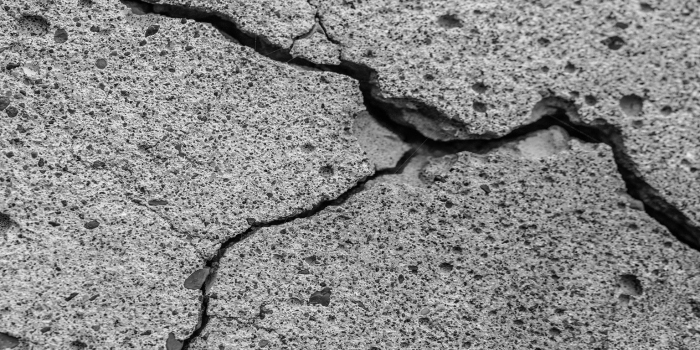
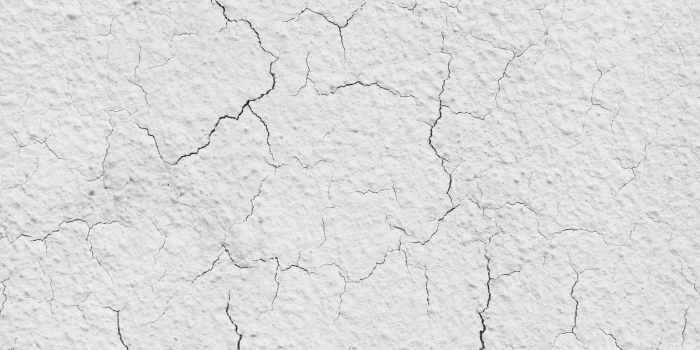
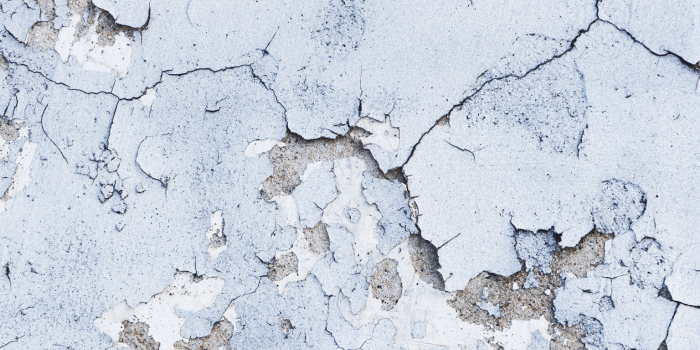
How To Stop Concrete Cracking
Over my span in the concrete industry, I have helped place thousands of concrete projects, and cracked or cracking concrete was almost never a problem, this is because we can do things that minimize the chance of concrete crack by almost 100%.
Although we can never guarantee that concrete won’t crack, we can greatly reduce the chance of this happening by following a few rules, and making sure foundational work is done correctly.
Tips To Stop Concrete Cracking
1 – Make sure the foundation or base that the concrete pad is sitting on is compacted and hard. Any movement after the concrete has been placed can create weak spots in the foundation.
2 – Don’t pour when the weather is too hot. Ideally, concrete is poured in NZ between 18 – 25 degrees celsius.
3 – If concrete is being poured on a hot day, soak the ground that it is resting on. If concrete is poured on dry dirt, gravel, or soil, the water from the concrete will be absorbed into it and cause the concrete to dry too quickly.
4 – Use reinforcement mesh or fiberglass. Using reinforcement mesh will greatly improve the strength of your concrete pad, and reduce cracking. Concrete now becomes reinforced concrete.
5 – Avoid pouring late in the day if frost or ice is forecast. Frost damage can really blow the top off your concrete pad. If you are pouring and frost is forecast, you can always cover the concrete pad. We have used plastic, straw or hay, and anything that forms a barrier between the concrete and the frost. This can result in surface marks but is better than having frost-damaged concrete.
6 – Expansion joints are a must in almost every concrete job and if you are unsure about this you can find out more on how to cut concrete here.
7 – Built for purpose. If you are concreting a pad made for heavy traffic, make sure it is made for the purpose, and with steel.
Fix Your Cracked Concrete
If you have cracks in your concrete there is a few products that work really well to fill in and seal the concrete cracks once and for all.
Concrete crack filler is designed to fill, seal, and reduce further damage underneath your concrete pad by stopping water from seeping through the cracks and resting underneath your pad.
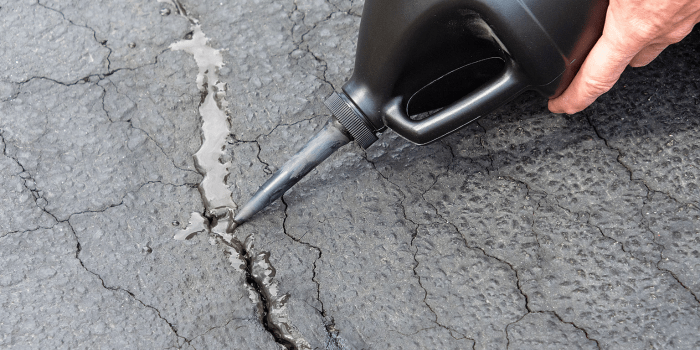
Concrete Cracks Conclusion
If you are pouring any kind of concrete slab, make sure the foundation is as hard as you can make it with the tools you have, this will greatly reduce the chance of concrete cracks, and your concrete will look better for longer.
Concrete cracks can be a nightmare, so ask your local concrete dispatch what strength concrete is correct for your job.
Use reinforcement steel for any concrete that will be under load, for example, driveways, wash pads, Vehicle crossings, car parks, etc.
If your existing concrete has concrete cracks, please check out the best concrete crack fillers here and get them damn concrete cracks filled in once and for all.
Any comments or questions please do feel free to leave them below and I will be sure to read/reply.


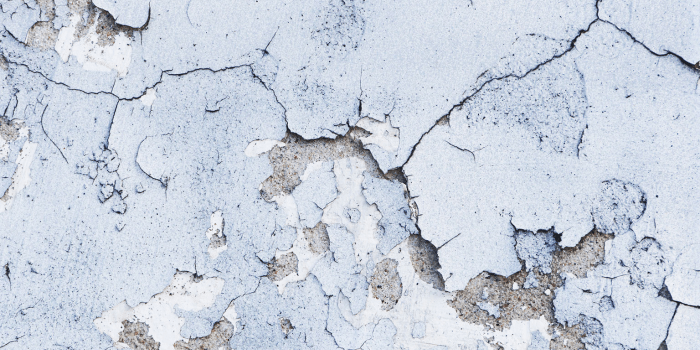
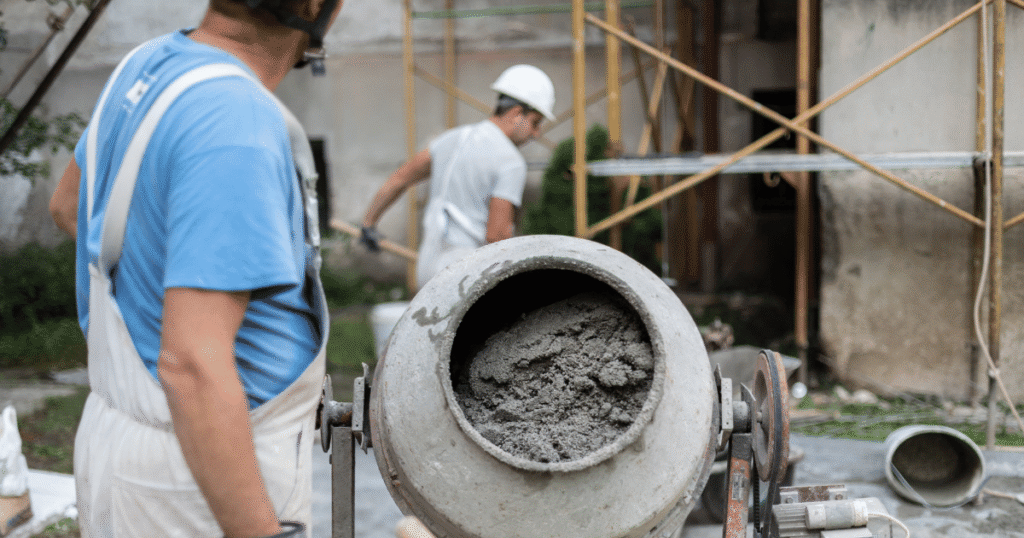
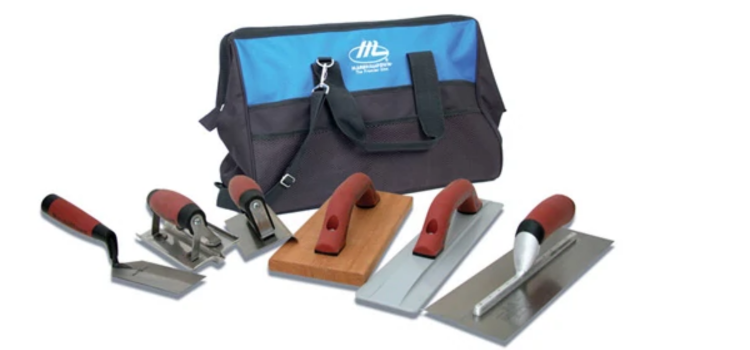
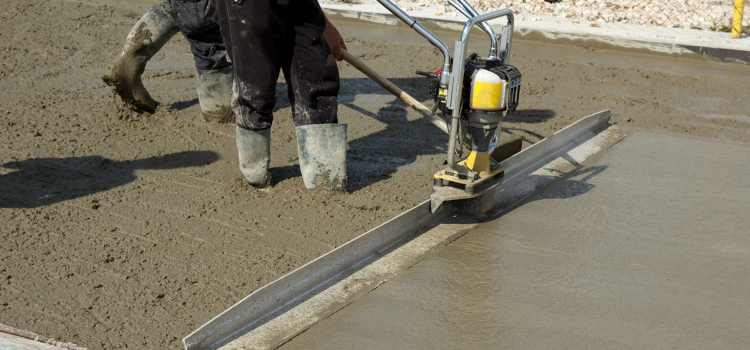
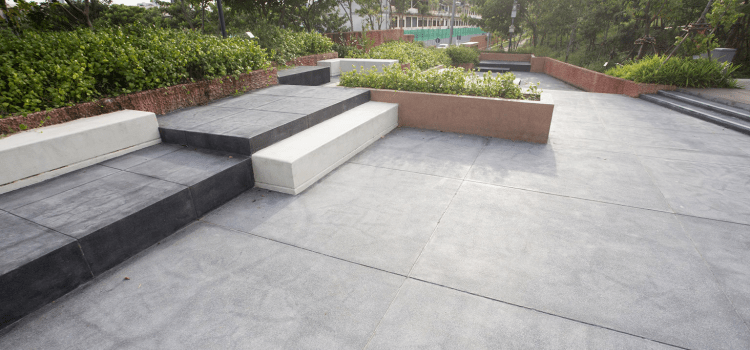
Thanks for sharing. An informative post
You are more than welcome!